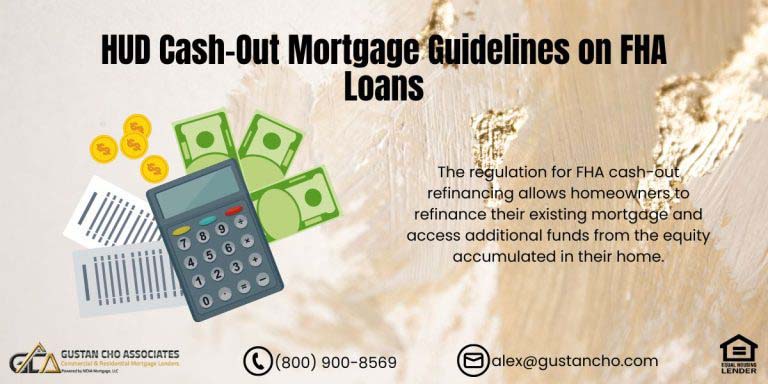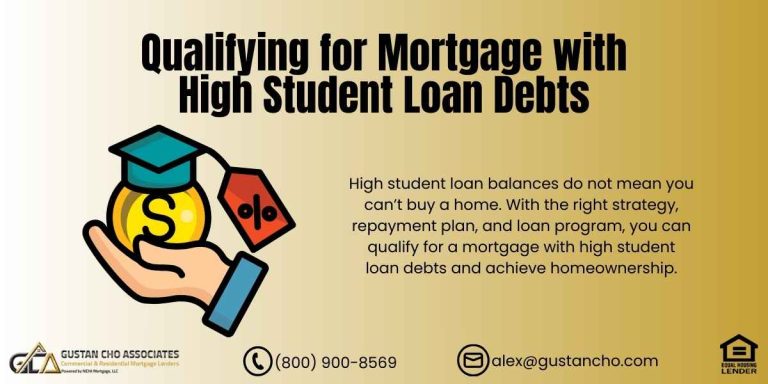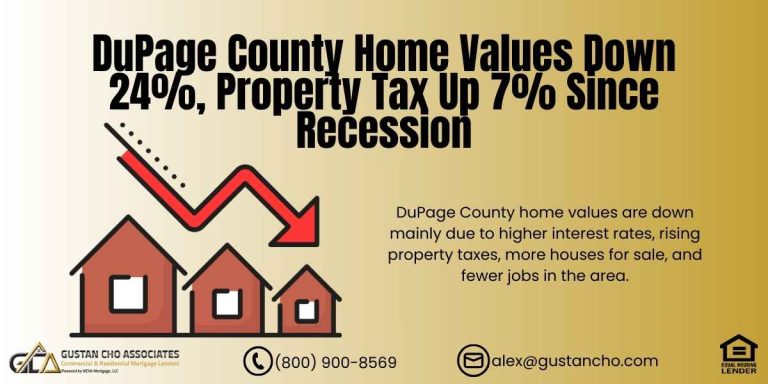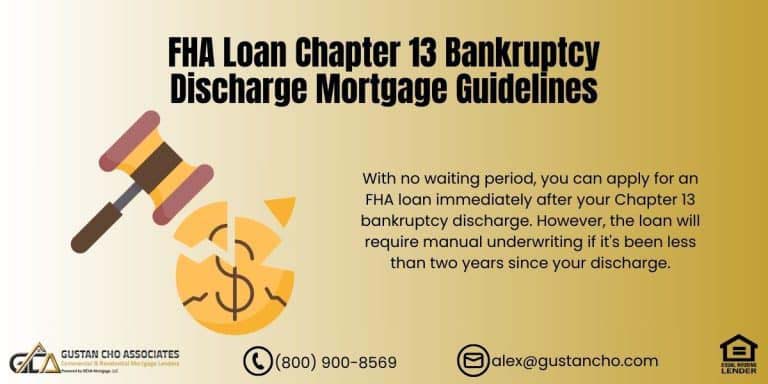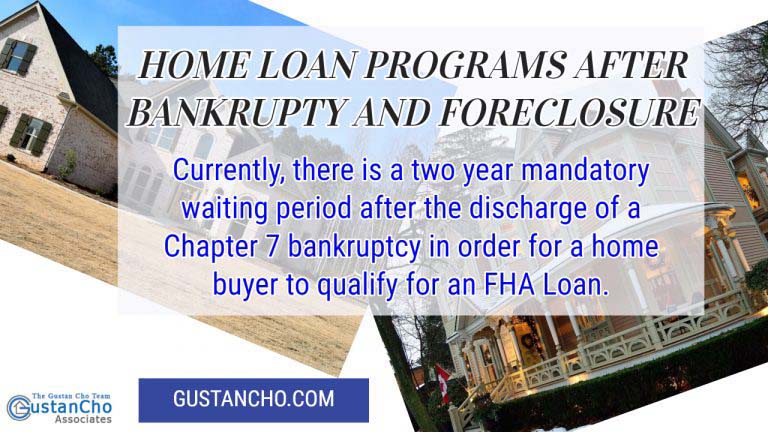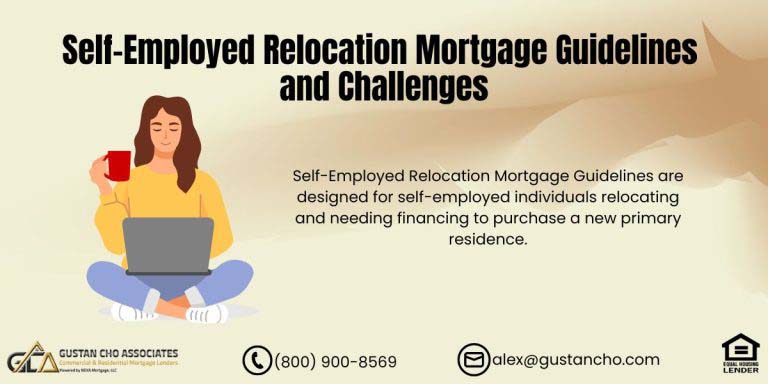This guide covers qualifying for the lowest FHA mortgage rates on FHA loans. Qualifying for the lowest FHA mortgage rates is every borrowers goal. There are ways to prepare for a mortgage a few months before actually applying for a home loan. Not everyone gets the same mortgage rates on FHA loans.
Mortgage lenders will base the borrowers credit scores and other layered risk when pricing an FHA loan. The lower the risk for the lender, the lower the mortgage rates.
Credit scores is the biggest pricing factor on qualifying for the lowest FHA mortgage rates. To get the lowest mortgage rates on FHA loans, borrowers should have credit scores higher than 760. Any credit score lower than 760 will get a loan-level pricing adjustment or LLPA. Borrowers should educate themselves on loan level pricing adjustments (LLPA) prior to shopping for a loan. Loan-level pricing adjustments are pricing hits to par rates. In the following paragraphs, we will cover qualifying for the lowest FHA mortgage rates on FHA loans.
Qualifying For The Lowest FHA Mortgage Rates on FHA Loans
Qualifying for the lowest FHA (Federal Housing Administration) mortgage rates can save you substantial money over the life of your loan. FHA loans are popular, especially among first-time homebuyers, because they require lower minimum credit scores and down payments than conventional loans. Here’s how you can qualify for the lowest possible FHA mortgage rates:
Improve Your Credit Score
Your credit score significantly affects the interest rate you qualify for. The higher your score, the lower your rate tends to be. Steps to Improve your credit scores include pay your bills on time, reduce your debt-to-income ratio, avoid opening new credit accounts unnecessarily, and check your credit report for errors.
Make a Larger Down Payment
General Requirement: FHA loans typically require a minimum down payment of 3.5% for maximum financing with a credit score of 580 or above. Benefits of Larger Down Payment: Increasing your down payment can reduce your loan-to-value ratio, a key factor lenders use to assess risk. Lower risk can translate into a lower interest rate.
Opt for a Shorter Loan Term
Loan Options: FHA offers different loan terms, such as 15 or 30 years. Shorter terms usually have lower interest rates and overall costs but higher monthly payments. Considerations: Make sure you can comfortably afford the higher monthly payments with a shorter loan term.
Shop Around with Multiple Lenders
Comparing Offers: Not all lenders offer the same FHA loan rates or terms. Apply with multiple FHA-approved lenders to find the best rate. Negotiation: Use the best quotes you receive as leverage to negotiate better terms with potential lenders.
Lock in a Low FHA Mortgage Rate Today!
Contact us today to get pre-approved and secure a competitive rate for your FHA loan
Manage Your Debt-to-Income Ratio (DTI)
Importance: Lenders look at your DTI to assess your ability to manage monthly payments and repay debts. A lower DTI can qualify you for better rates. Improvement Tips: Pay down debts and avoid taking on new debt before applying for an FHA loan.
Consider the Timing of Your Rate Lock
Rate Lock: Once you have a good rate offer, consider locking it in to avoid increases before your loan closes. Market Conditions: Monitor economic reports and trends influencing interest rates, like Federal Reserve actions, inflation reports, and other economic indicators.
Improve Financial Stability
Employment: Lenders prefer borrowers with stable, reliable income. A longer history at your current job can improve your credibility. Savings: Demonstrating the ability to save money and handle your finances responsibly can also make a positive impression on lenders. Securing the lowest FHA mortgage rate depends on several factors, including your financial health, the amount of home equity, and the overall lending environment. By managing your finances responsibly and shopping around, you can increase your chances of getting favorable mortgage terms. Consider consulting with a financial advisor or a mortgage broker to understand the best strategies tailored to your financial situation.
What Are Loan-Level Pricing Adjustments
LLPAs are pricing adjustments mortgage lenders charge for layered risks. The higher the risk, the higher the mortgage rates. It is risks versus rewards. In general, lenders and creditors view lower credit score borrowers as high risk. Therefore, with high risk, they want to get a better return on their money. This is why lenders charge higher mortgage rates on lower credit score borrowers. There are other factors that enter into the pricing of mortgage rates which we will cover in this article.
Qualifying For The Lowest FHA Mortgage Rates on Home Purchases
Mortgage rates are at record historic lows for prime borrowers. Prime borrowers are borrowers with over 700 FICO and little to no risk factors to lenders. Prime borrowers can get qualified at any lender at the best mortgage rates. Not all borrowers get the same rates on FHA loans. Not all lenders offer the same rates. Mortgage rates can change multiple times per day. Once a borrower is happy with a rate on an FHA loan, they should lock it. The lock guarantees the borrower the rate. The locked rate is what they will close their loan. It costs money to extend a lock. Make sure to lock the mortgage rates with sufficient time to close within the lock period. Most locks are 15, 30, 45, or 60-day locks. It is important for borrowers to understand what determines mortgage rates and what loan level pricing adjustments are.
How Mortgage Rates Are Determined on FHA Loans
Mortgage rates are determined by lenders based on your credit scores and other layered risk tolerance. A borrower with a 740 credit score and a 25% down payment will get the best rates. However, with FHA loans, the down payment does not matter due to being insured and guaranteed by the government. Then if you got other risk factors, that is when pricing adjustments apply. Condo’s have a higher mortgage rate than single-family homes. Manual underwriting has a higher mortgage rate than the automated underwriting system approvals. Higher debt-to-income ratios has a pricing adjustment to the rate. Lenders can charge loan level pricing adjustments based on risk factors.
Loan-Level Pricing Adjustments on FHA Loans
Here are the factors that determine mortgage rates:
- Credit Scores: The higher the credit score, the lower the mortgage rate. Credit scores have the greatest impact on mortgage rates. It is best recommended to boost and maximize your credit score prior to applying for a mortgage.
- Down Payment: The larger the down payment a homebuyer puts down on a home purchase, the less the risk the lender has. However, with FHA loans, the down payment does not have an impact on mortgage rates. This holds true because the loan is insured and guaranteed by HUD.
- Debt-to-Income Ratio: The higher the borrower’s debt to income ratio, the riskier the borrower. Lenders will have a pricing adjustment on higher debt to income ratio borrowers.
- Type of Property: There are pricing adjustments on the type of property. Single-family homes are considered the safest investment for lenders. Mortgage rates on single-family homes are the lowest. There are pricing adjustments on condominiums and two to four-unit multi-family homes. Manufactured homes are considered riskier so there will be a pricing adjustment.
- Mortgage Loan Size: There are loan level pricing adjustments on lower loan sizes. Any loans that are under $200,000 in loan size will have a pricing adjustment that will affect the mortgage rate.
- Area: There are pricing adjustments depending on what state you purchase your home. Some states there is real estate decline in value. Pricing adjustments for the geographic region where the property is located is dependent on the lender. Not all lenders will charge a pricing hit on loans based on location
- Pricing Adjustments on Loan Programs: There are pricing hits on loan programs. For example, FHA 203k loans have higher mortgage rates. Manual underwriting has pricing hits. FHA one-time construction loans have pricing hits. FHA Streamline Refinance has pricing hits.
All FHA loans require escrow accounts for property tax and insurance. However, with conventional loans, escrow accounts are not required for borrowers with at least 20% equity. However, there are loan level pricing adjustments for borrowers who do not have an escrow account on conventional loans.
Key in Getting The Lowest Mortgage Rates on FHA Loans
For borrowers who have time to boost their credit scores, there are a few quick tricks to raise credit scores prior to applying for a mortgage. Pay down all of your credit cards or revolving lines of credit to a 10% utilization ratio. This will boost your credit scores. For borrowers who do not have any credit tradelines, try getting three secured credit cards with at least a $500 credit limit. Each secured credit card will boost your credit scores anywhere between 20 to 40 points.
Getting one installment credit tradeline will help. Try getting a credit booster through Self.inc. It is a great program where you invest in a bank CD and make small monthly payments for 12 months.
This reports to all three credit bureaus and helps you boost your credit scores. Make sure that you make at least the bare minimum payment due every month. Never be late. Monitor your credit report religiously. Make sure there are no errors on your credit report. Sign up for a credit monitoring alert service. The few dollars a month is worth every penny.
Looking to Refinance? Lock in a Low FHA Rate!
Contact us today to discuss your refinancing options and secure a low rate.





